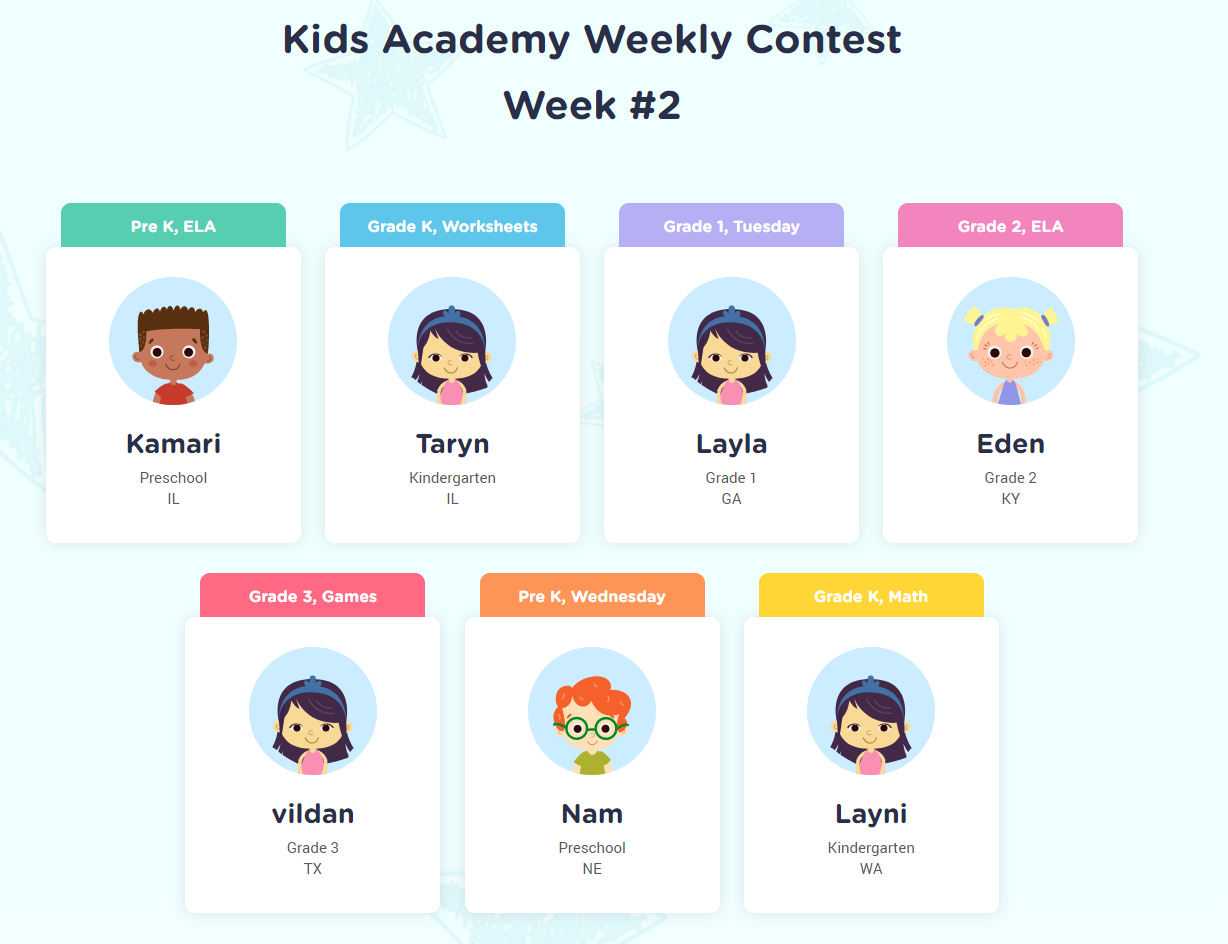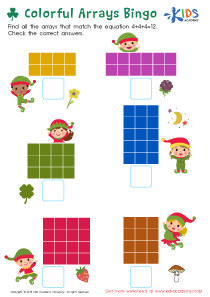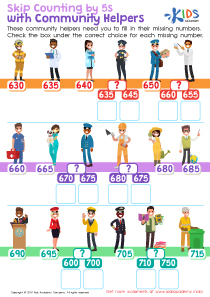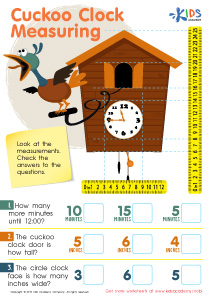Analytical skills Grade 2 Math Worksheets
3 filtered results
-
From - To
Boost your second grader's analytical skills with our engaging Math Worksheets designed specifically for Grade 2 students. These worksheets provide a fun and interactive way to enhance critical thinking and problem-solving abilities. Featuring a variety of exercises such as puzzles, pattern recognition, and logical reasoning challenges, students will build a solid foundation in math while developing essential analytical skills. Ideal for both classroom and home learning, our resources cater to diverse learning styles, fostering a love for math. Explore our user-friendly worksheets and witness your child’s confidence soar as they master key concepts in an enjoyable, supportive environment!
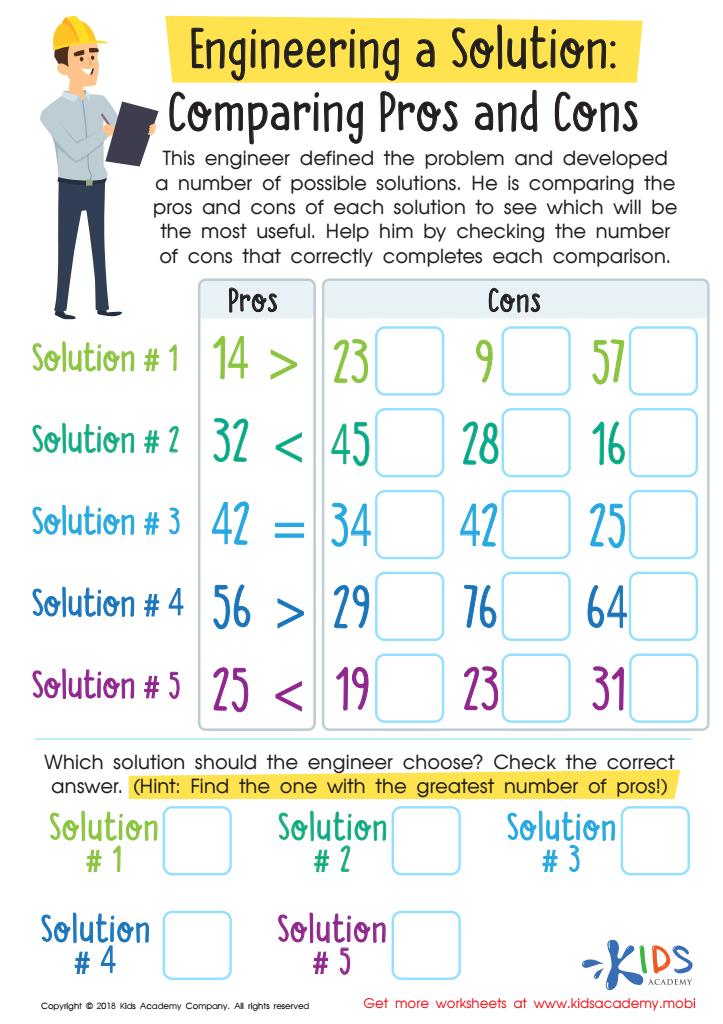

Engineering a Solution: Comparing Pros and Cons Worksheet
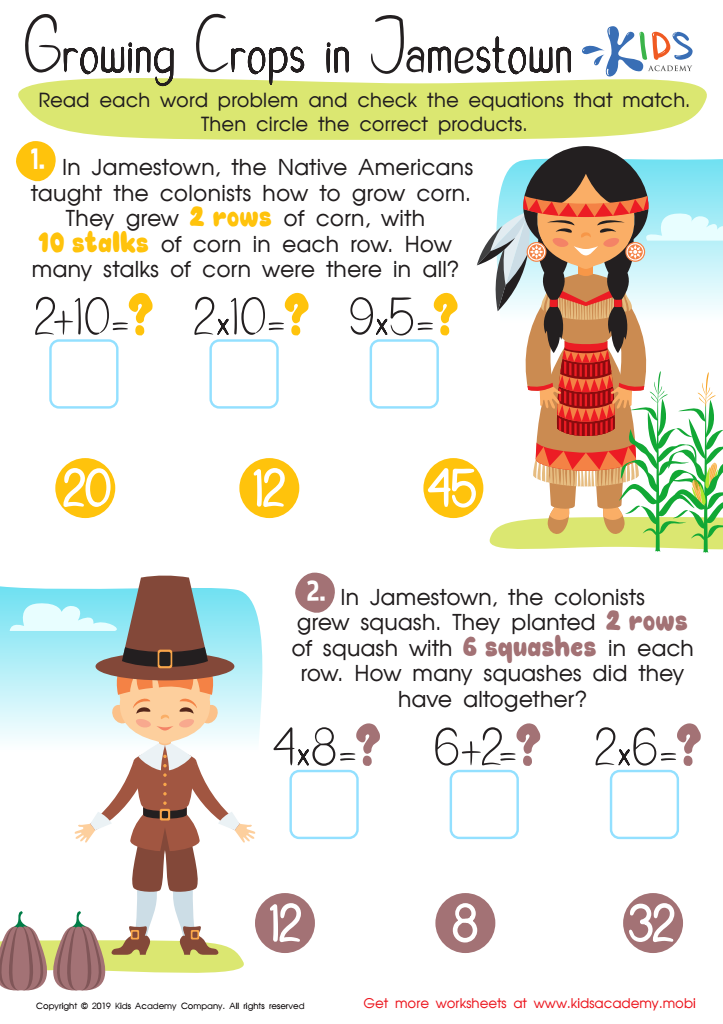

Growing Jamestown Worksheet
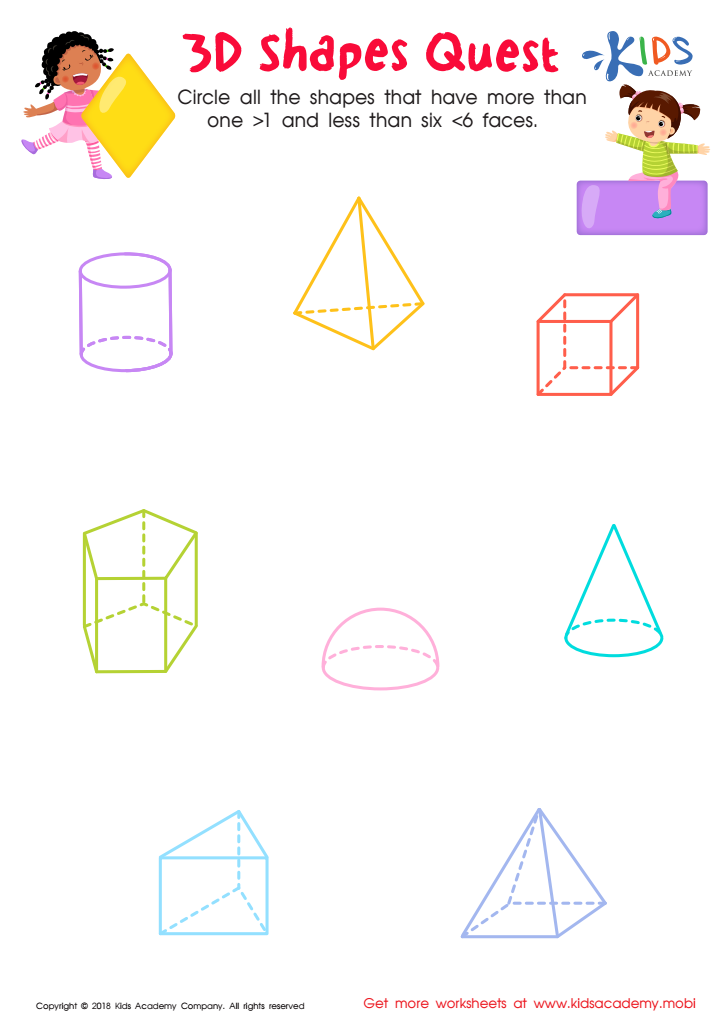

3D Shapes Quest Worksheet
Analytical skills in Grade 2 math are essential for young learners as they form the foundation for critical thinking, problem-solving, and logical reasoning. At this stage, children begin to explore relationships between numbers and operations, leading to a deeper understanding of concepts that will be vital in more advanced mathematics. Teachers and parents should prioritize the development of these skills as they enhance a child's ability to assess situations, make informed decisions, and solve problems independently.
Improving analytical skills also helps children approach real-world situations with confidence. For example, when faced with everyday problems like comparing prices or measuring ingredients for a recipe, analytical thinking allows children to engage effectively with mathematics in a practical context. Moreover, strong analytical skills can spark a child's interest in math, making it more enjoyable and less intimidating.
Teachers and parents can support these analytical skills through engaging activities such as puzzles, games, and hands-on projects that require strategic thinking and reasoning. By fostering these skills early, we empower children to become not only proficient in math but also well-rounded thinkers in all areas of their lives. Ultimately, nurturing analytical skills ensures that children are better prepared for future academic challenges and everyday problem-solving scenarios.
 Assign to My Students
Assign to My Students




